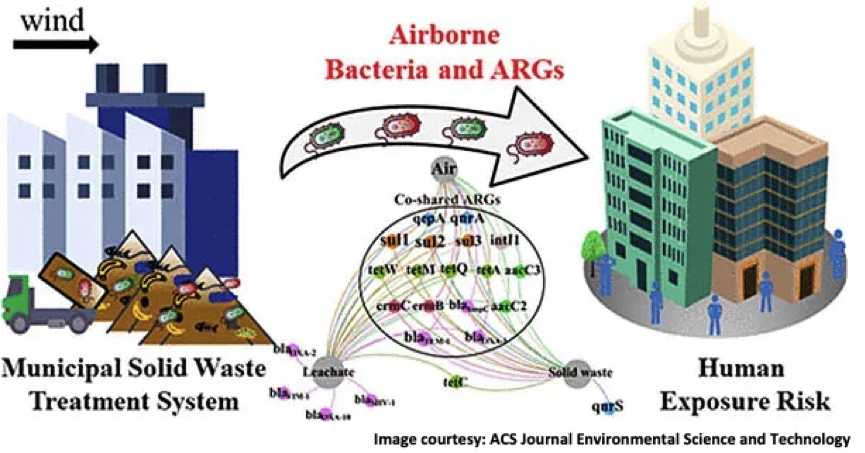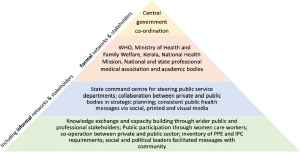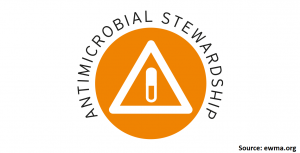Burning and landfill are commonly used strategies for municipal sold waste disposal. Nevertheless, impact of these strategies on spread of antibiotic resistance genes (ARGs) is inconclusive. Yi Luo, College of Environmental Science and Engineering, Ministry of Education Key Laboratory of Pollution Processes and Environmental Criteria, Nankai University, Tianjin, China and Xiangdong Li Department of Civil and Environmental Engineering, The Hong Kong Polytechnic University, Kowloon, Hong Kong collaboratively studied transmission of ARGs from municipal solid waste treatment system (MSWT system) to ambient air. They collected air sample from MSWT system and employed advanced techniques like Real-time PCR and sequencing to check the presence of ARGs. Results showed increased level of AR bacteria and ARGs in the MSWT system air sample. They obtained 41 AR bacteria with ARG- blaTEM-1, some of them were exceeding daily intake limit of inhalation and ingestion of ARGs. This study highlights that MSWT systems are reservoir of ARGs and critical source of spread of antibiotic resistance among nearby residents.
For more information, visit the website of ACS Journal-Environmental science and technology (Link)







